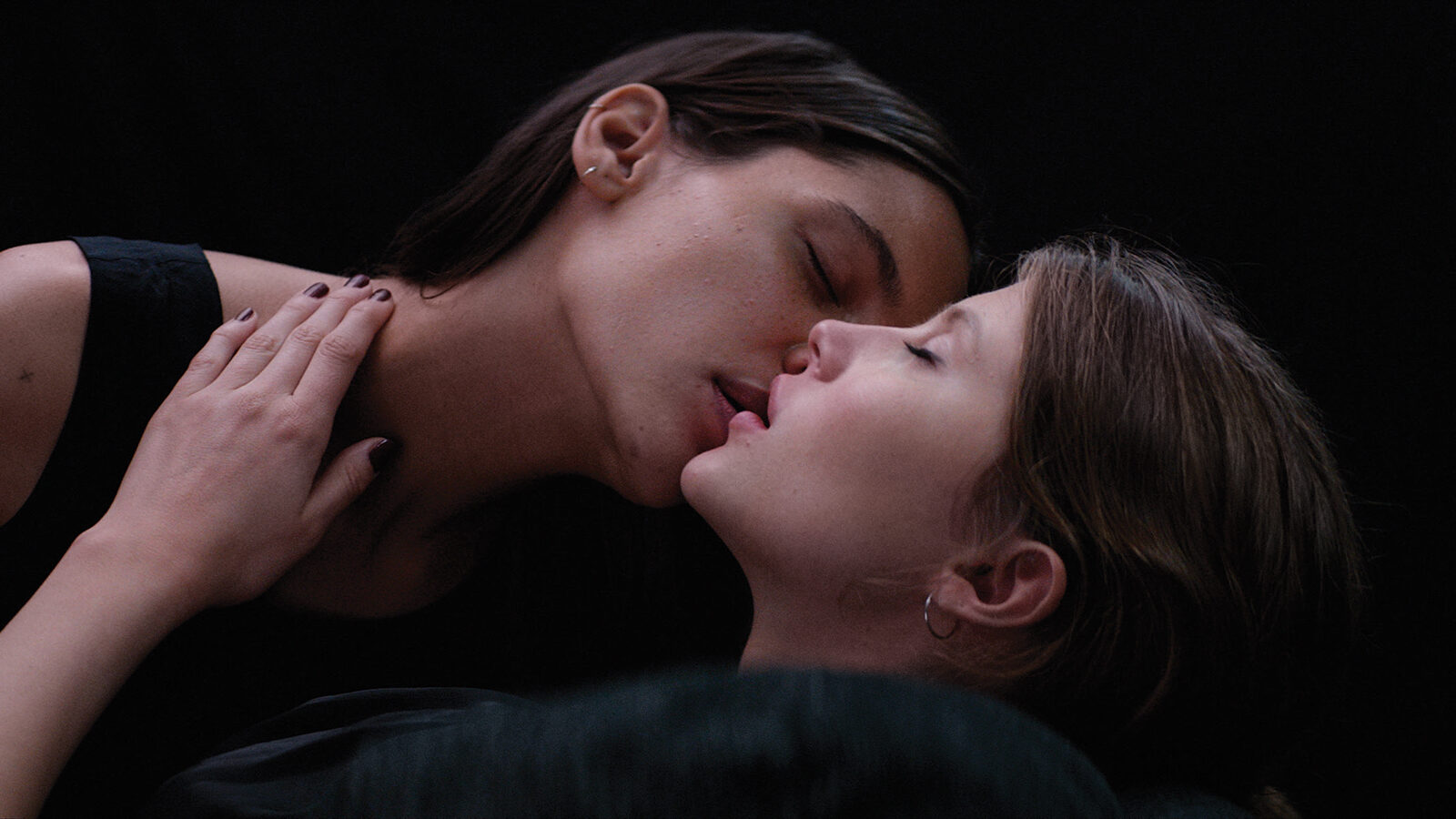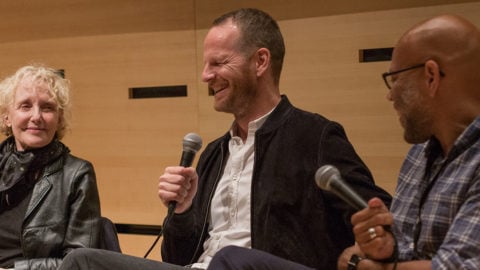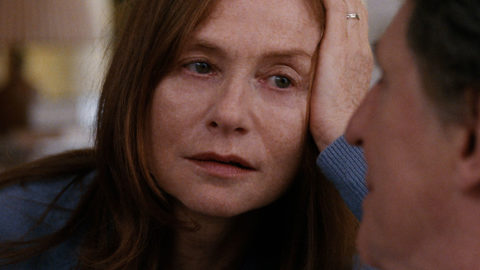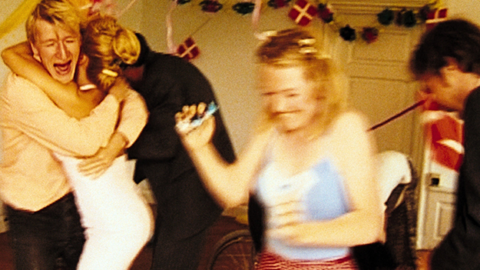By Margaret Barton-Fumo in the November-December 2017 Issue

Short Take: Thelma
(Joachim Trier, Norway/Sweden/ France, The Orchard, Opening November 10)
Joachim Trier’s latest feature, about a young woman with a religious background and telekinetic powers, is in many ways a throwback to similar films of the ’70s that focus on the supernatural. Thelma has already earned comparisons to Brian De Palma’s Carrie, in which the title character is also raised in near isolation in a strict religious household. Carrie’s psychic powers are triggered by her first period, linking her “affliction” with womanhood. In the Trier film, Thelma’s telekinesis is awakened by desire and exacerbated when she goes to university and falls in love with another woman, Anja.

From the November-December 2017 Issue
Also in this issue
Thelma (Eili Harboe) experiences seizures whenever the two get close, suggesting that her uptight religious upbringing is wreaking havoc on her mental and physical states. As the plot (written by Trier and regular collaborator Eskil Vogt) twists, it is revealed that these episodes target both desire and memory, unraveling the story of a tragic past.
Thelma is a romantic film that pays close attention to physical detail, zeroing in on freckles or strands of hair, while sometimes adopting an overseeing eye with surveillance-style shots that zoom in slowly on Thelma’s campus. The perspective is like that of a watchful animal, one that holds an uncanny connection to Thelma. Surprisingly tender, Thelma proves itself a modern take on the supernatural film, with a short burst of synth music at the end to remind us of its forebears.






